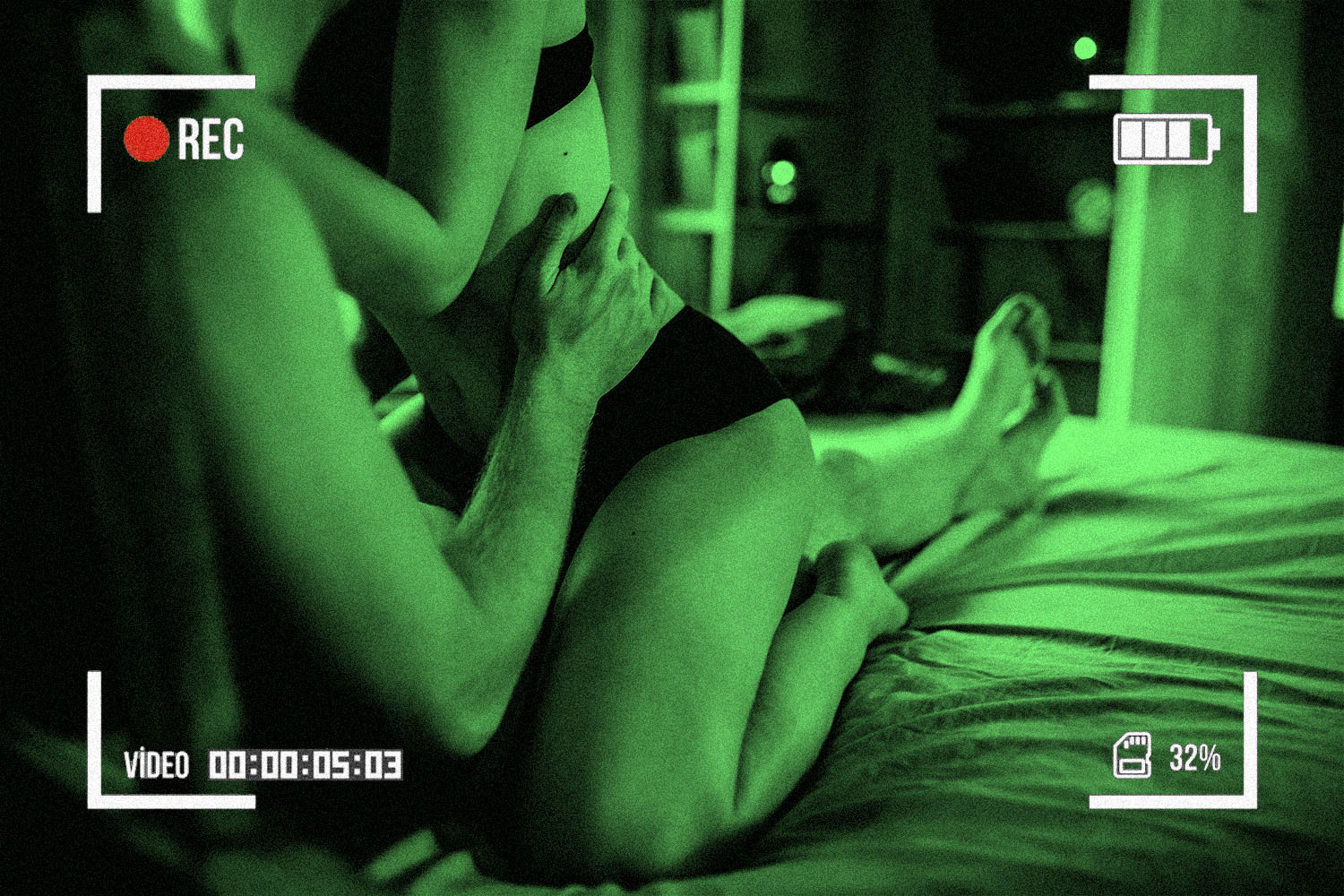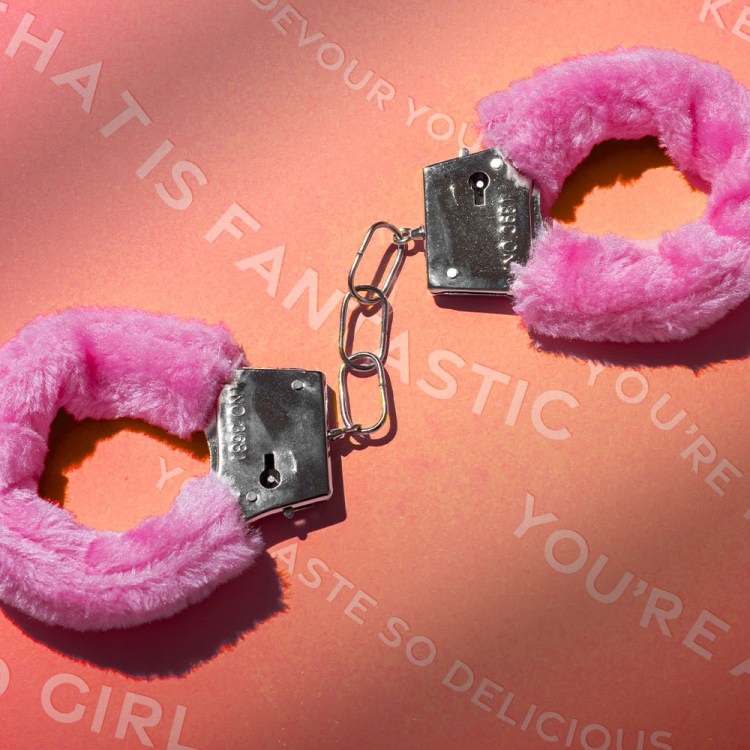Despite a rumored early-aughts renaissance that’s seen Gen Z threatening to resurrect fashion nightmares of yore, including low-rise jeans and bedazzled crop tops, a general consensus among those who weathered those trends the first time holds that they were not actually trends so much as mistakes — and that applies to more than just the fashion. Various aspects of early-2000s culture have faced increasing scrutiny in recent years, with the media maltreatment of female celebrities experiencing a particularly grave reevaluation in the aftermath of the New York Times Britney Spears doc released earlier this year.
Like Spears, Paris Hilton was among a cohort of young female stars whose personal lives were relentlessly stalked, publicized and slut-shamed by the media and its consumers. For Hilton, unfortunately, that abuse included the infamous leak of a sex tape, which was released without her consent in 2004 by the ex-boyfriend who appeared in the video. Now, nearly two decades later, Hilton is still talking about the experience and the trauma she continues to battle as a result of what she’s compared to being “electronically raped.”
In a recent interview with Vanity Fair, Hilton opened up about the long-lasting effects of the video’s leak, which she said will continue to hurt her for the rest of her life.
“It’s always there in the back of my mind,” she said. “When it happened, people were so mean about it to me. The way that I was spoken about on nightly talk shows and the media, to see things with my family was just heartbreaking. I would be in tears every single day, I didn’t want to leave my house, I felt like my life was over.”
The incident became a hallmark of the leaked celebrity sex tape trope that remained a staple of early 2000s pop culture, later affecting other stars including, most notably, Kim Kardashian. Inherent to these narratives was the implication — or, as was more often the case, the direct accusation — that these women played an active role in the coordinated “leak” of their sex tapes in a ploy to kickstart their careers. Hilton addressed this particularly toxic aspect of the narrative in the interview as well, calling it one of the most hurtful parts of the experience.
“It was a private experience between two people,” Hilton said of the video. “You love someone, you trust someone and to have your trust betrayed like that and for the whole world to be watching and laughing … It was even more hurtful to me to have these people think that I did this on purpose — that killed me.”
Fortunately, as Hilton noted, there has been progress in the way society treats women in the public eye. As many, including Hilton herself, have argued, the narrative surrounding Hilton’s leaked sex tape would be entirely different if it happened today. In fact, it likely wouldn’t be considered a “sex tape” at all, but rather a form of revenge porn, for which the blame would have fallen solely and squarely on the shoulders of the man responsible for the leak.
“I’m again happy that things have changed and that people are realizing that … the woman in the situation who is the victim should not be treated like that or spoken about like that,” said Hilton.
We may be powerless in our fight against the return of low-rise jeans, but victim-blaming and slut-shaming are two early-aughts trends that needn’t make a comeback.
Thanks for reading InsideHook. Sign up for our daily newsletter and be in the know.

















